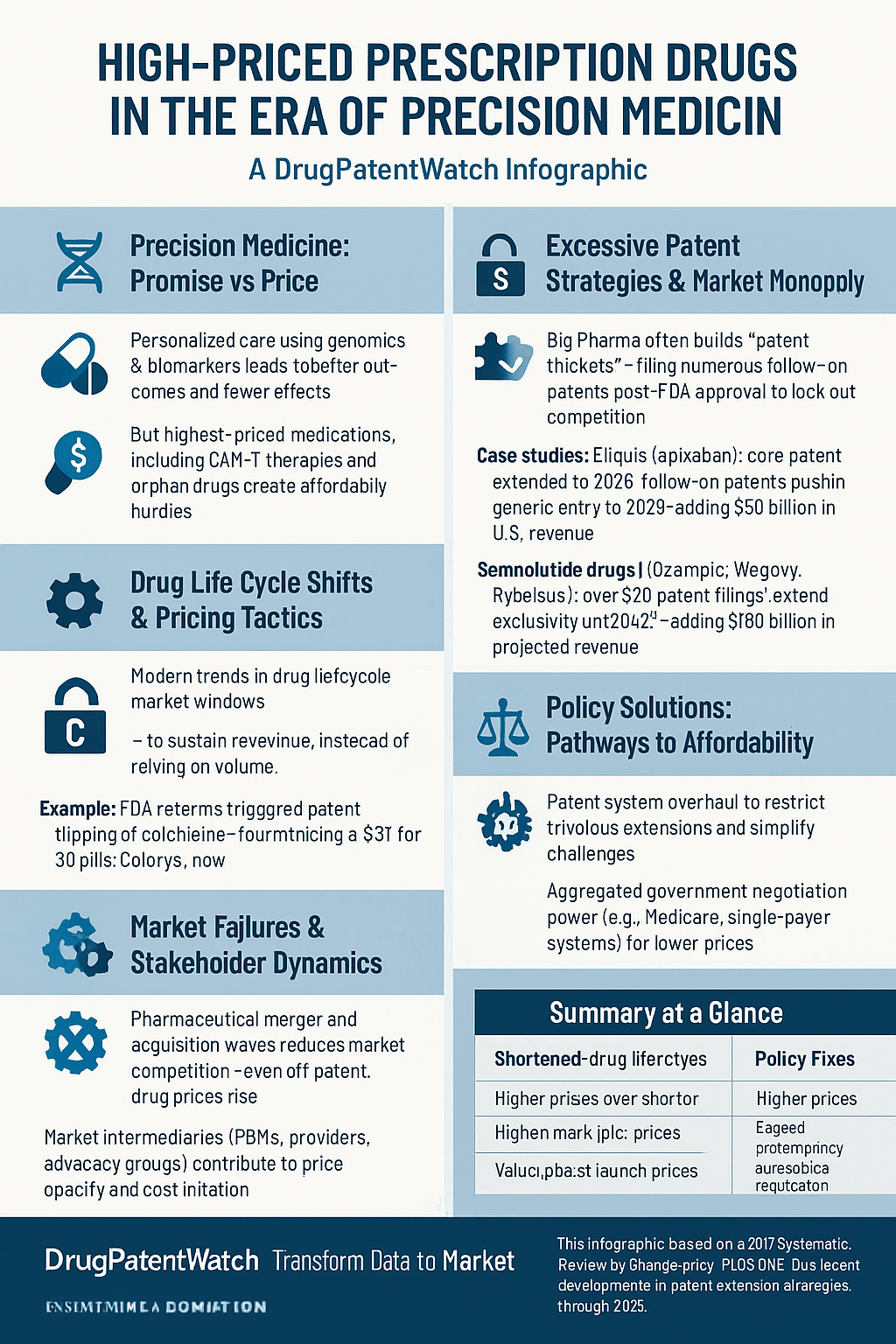Recent changes in regulatory frameworks are reshaping the landscape of cell and gene therapy (CGT) manufacturing in the United States. The FDA has introduced new policies aimed at bolstering domestic production capabilities, primarily in response to security concerns regarding the offshoring of critical biotech processes. This shift is particularly pertinent as autologous CGTs, which require personalized processing, have exposed the limitations of traditional manufacturing systems that were not designed for such complexity.
As US lawmakers prioritize domestic manufacturing, companies must adapt to a new regulatory paradigm that emphasizes automation and standardization. The introduction of the Advanced Manufacturing Technologies (AMT) designation is a key component of this transition, encouraging the adoption of scalable and efficient manufacturing practices. This evolution is crucial not only for meeting the burgeoning demand for CGTs but also for ensuring patient access to innovative therapies in a timely and secure manner.
With the FDA’s support, US-based CGT developers are positioned to lead in the next phase of innovation, but success will depend on their ability to align with evolving regulatory expectations while leveraging advanced manufacturing technologies. The imperative is clear: to bridge the gap between innovation and infrastructure, stakeholders must invest in scalable solutions that can meet the challenges of a rapidly changing healthcare landscape.
Get started today with Solo access →



